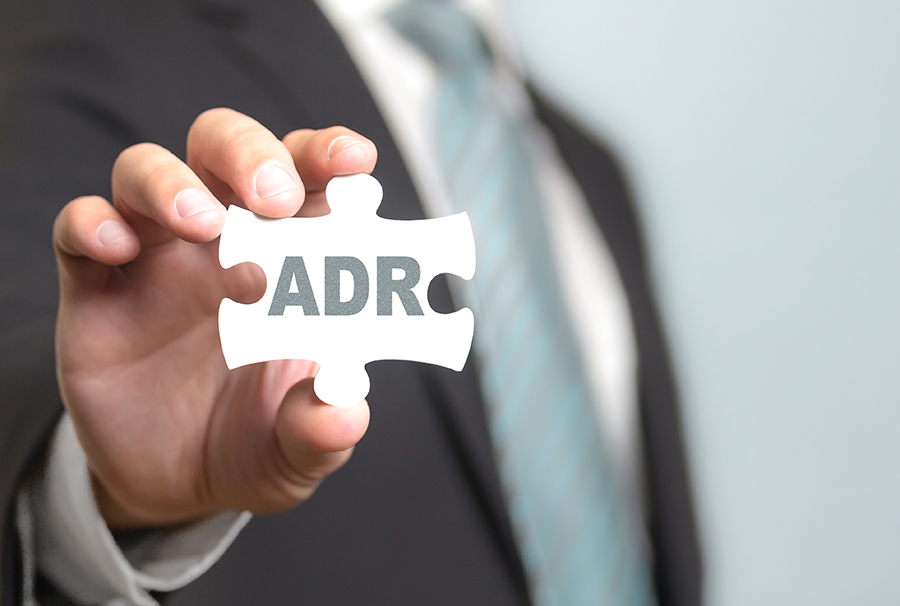Is Mediation the Same as Arbitration?

Most people have heard of the terms mediation and arbitration. However, to the layperson they still sound like complex legal proceedings. In reality, understanding the two terms is simpler than you think. Yet, the concepts of mediation and arbitration are two similar processes that are easily confused.
The Basic Difference
Arbitration and mediation share similar goals but differ in the method of procedure. In the typical mediation, conflicting parties negotiate among each other outside of court. A neutral party, usually a lawyer, helps move the process forward. The goal of mediation is that the parties reach a compromise.
An arbitration differs in terms of decision making authority. A mediation allows the parties to reach an agreement. In contrast, with an arbitration a third-party renders a decision. In essence, an arbitration is more like a court hearing than a mediation. An arbitrator can consider evidence presented by both sides. The arbitrator uses this information to rule for either party. Although this somewhat mirrors a traditional court hearing, arbitrations are not as formal.
More on Mediation
A mediator plays a more passive role than an arbitrator. Mediators help each side communicate their points of contention. They also generate possible solutions that the parties can agree to. Mediators may work with each party separately, or both in a conference setting. Again, the mediator does not takes sides. The mediator merely acts a conduit to exchange information, and to suggest resolutions.
Mediation is very party-focused. This means that the process intends for the parties to choose the right course of action. It also relies on the active participation of these parties. If the parties are not willing to work together, it is difficult to carry out a mediation.
A successful mediation will end in a settlement. This is a written document that lays out the terms of the agreement. The written document is enforceable by law as a contract. In most jurisdictions, the mediator files the document with the court. However, when a party fails to adhere to the settlement, the court does not automatically step-in.
Further legal action is necessary when a party violates the mediation settlement. The aggrieved party will have to file a civil lawsuit for the contraction violation. Thus, it is possible to get compensation from the breaching party. This type of contract litigation will likely require the help of a business law attorney.
Additional Facts About Arbitration
With arbitration you can expect a more lengthy, formal process. Both parties will have to present their case to the arbitrator. Witness testimony may also be required by the arbitrator. At the end of the process, the arbitrator's decision is immediately binding in a court of law. In this sense, arbitration can be a lot more powerful.
Arbitration or Mediation?
The circumstances of your case will determine if it ends up in arbitration or mediation. Arbitration is usually included as a term in a contract. Thus, when a dispute arises the parties are obligated to use it instead of mediation. Mediation will usually be recommended by the court to resolve a lawsuit in lieu of further litigation.
If you need help enforcing a mediation agreement, or with arbitration issues, contact T.R. Spencer Law Office. A business attorney can assist you in understanding Alternative Dispute Resolution (ADR).